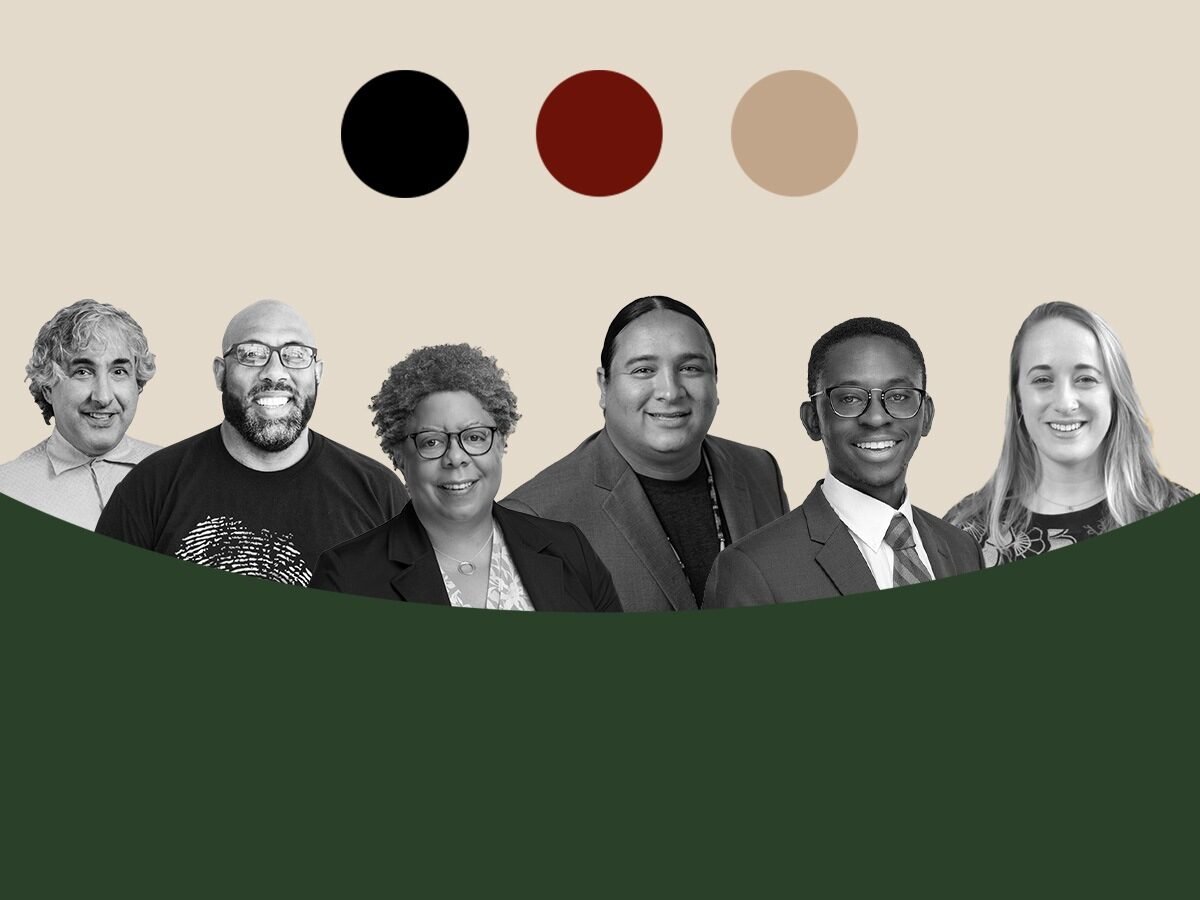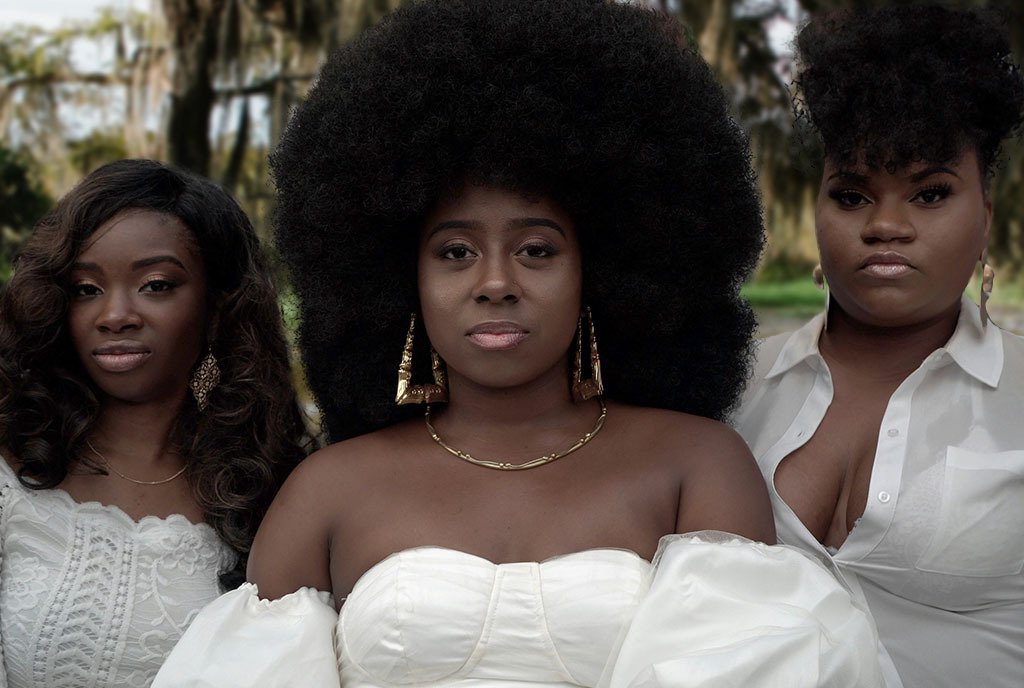Shanelle Matthews: I have the privilege of being interviewed by Cyndi for the [piece] “Pro-Blackness is Aspirational.” I think that a couple of things came up for me when thinking about this one. It was like, how do you talk about the aspiration of pro-Blackness without making people feel like we’re not making any inroads right now? Or feel anxious that it’s interminable, racism is interminable?
But the challenge as a narrative strategist that I run into with talking about this is understanding the power and permanence of anti-Blackness, and how challenging it is to weaken people’s understandings of peoples and places after it’s been propagandized. And there’s been so much misinformation and disinformation. So, trying to juggle the balance of being optimistic about what we’ve been able to do in terms of power building within Black communities, and also challenging the idea that an organization itself can actually be “pro-” or “anti-” anything. The organizations that we belong to are really fiscal entities meant to receive money, and that the people who join those organizations are the folks who make it what it is, and so like, also bringing in the element of our individual understanding and lens of the world, how we are socialized, our bodies, our somatic responses to shame, to fear, to guilt, how we respond to being called out about, perhaps, being racist or anti-Black in some way and how that shapes the organization’s ability to move in a pro-Black agenda. How to talk about those things—the body, the mind, the individual—inside of this conversation about organizations and movements always feels a little bit challenging to wrap it all together. So that was something. And then I’d say the other thing is not to homogenize Black people, so how do we talk about pro-Blackness as not, like, a single thing that you can be that has a particular pattern or flow or way of showing up, but that pro-Blackness is a way of knowing and being for many people and shows up in different ways.
Like, what does pro-Blackness look like in different parts of the sector, because, existing within the radical left flank where, like, people always tell us, “Your ideas are not politically possible, they’re not logistically possible” when we’re trying to help people imagine a future that is super radical and super pro-Black, and we’re often dismissed or disregarded in that way. And reading these articles has really helped me to understand where different people inside of social movements exist on the pro-Black spectrum, and how people are thinking about these ideas. And offers me some insight into maybe how narrow some of the spaces that I’m in can be when they’re deeply radical—when they see the nonprofit infrastructure as being something that is not useful to them, but instead an impediment.













